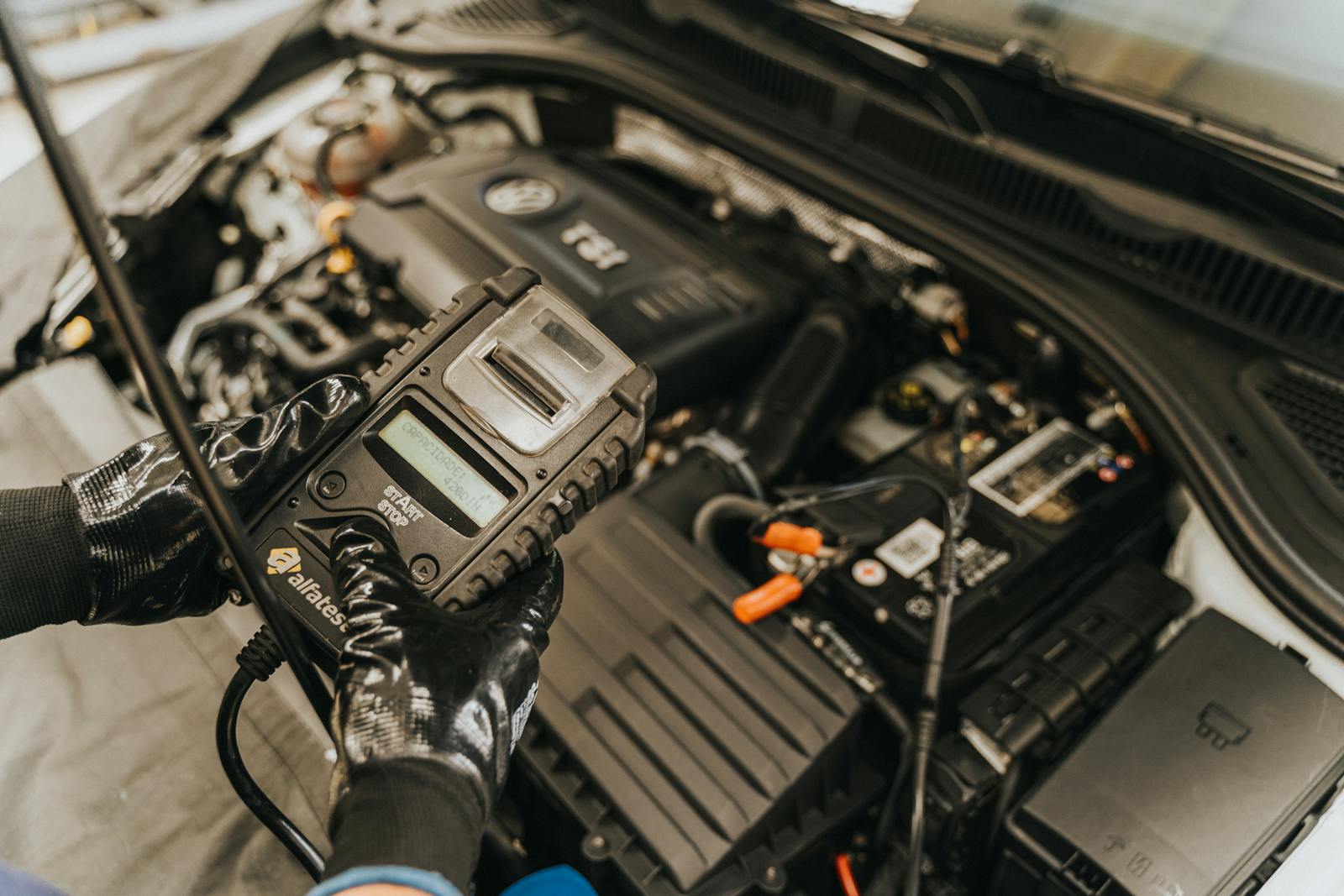
Car batteries typically last between three to five years, depending on usage and environmental conditions. However, various factors can accelerate their decline. Recognizing the signs of a failing battery is crucial for maintaining vehicle reliability. The National Highway Traffic Safety Administration (NHTSA) advises drivers to be proactive in monitoring battery health to avoid unexpected breakdowns.
1. Slow Engine Crank
If your engine takes longer than usual to start, it may indicate a weak battery. This slow crank often signifies insufficient power, which can lead to complete failure if not addressed.
2. Dashboard Warning Light
Modern vehicles come equipped with dashboard indicators. A battery warning light appearing on your dashboard is a sign that you should have your battery checked by a professional.
3. Corroded Connectors
Corrosion around battery terminals can impair electrical flow. Regularly inspecting your battery for corrosion can help catch issues before they worsen.
4. Swollen Battery Case
An expanding or swollen battery case often results from excessive heat. This condition can lead to battery failure and should be addressed immediately.
5. Fluid Leaks
Leaks from your battery can indicate internal damage. If you notice any fluid around the battery, it is essential to have it inspected and potentially replaced.
6. Old Age
Batteries older than three years should be tested regularly. Even if they seem to function well, aging can compromise their performance.
7. Electrical Issues
If you encounter problems with electrical components, such as dim lights or malfunctioning accessories, the battery could be the culprit. These symptoms typically arise when a battery is failing.
8. Frequent Jump Starts
Relying on jump-starts indicates a battery that is no longer holding a charge efficiently. This is a clear signal that replacement is necessary.
9. Extreme Temperatures
Extreme cold or heat can severely affect battery performance. If your battery struggles to start in cold weather or shows signs of failure in the heat, it may need replacement.
10. Unusual Smells
Foul odors, especially a rotten egg smell, can indicate a leaking battery. This condition poses safety risks and requires immediate attention.
Urgent Reminder
Regular maintenance and monitoring of your car battery can prevent unexpected failures. If you notice any of these signs, consult a qualified mechanic to ensure your vehicle remains reliable and safe on the road.



